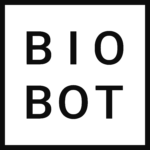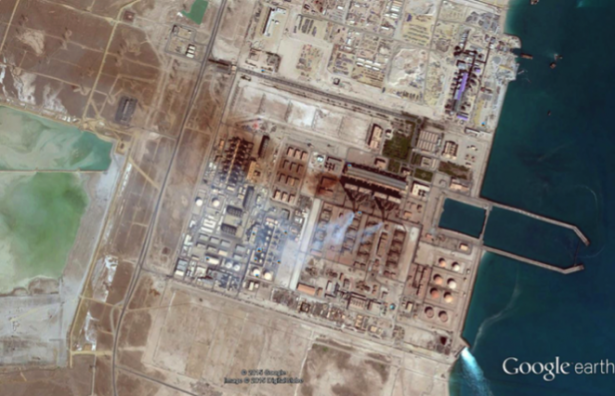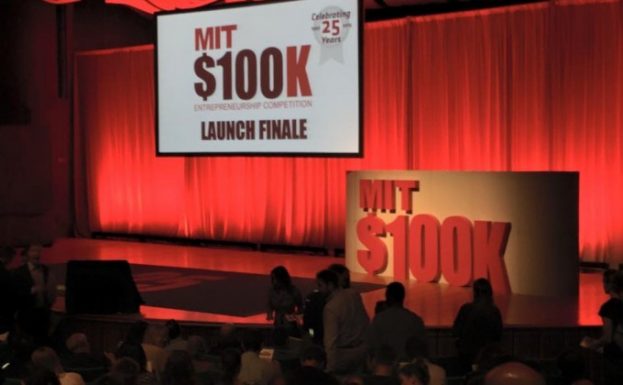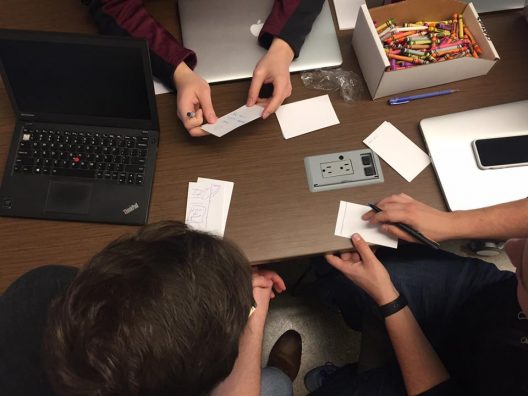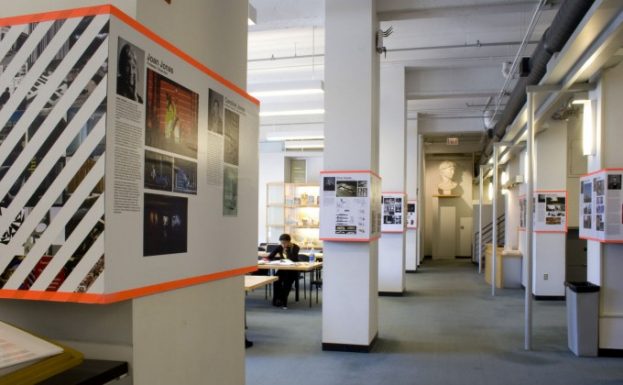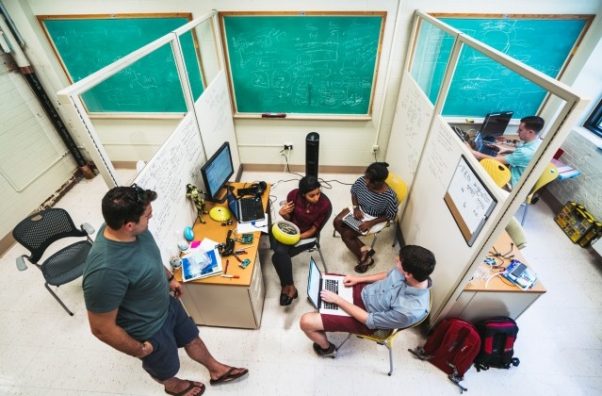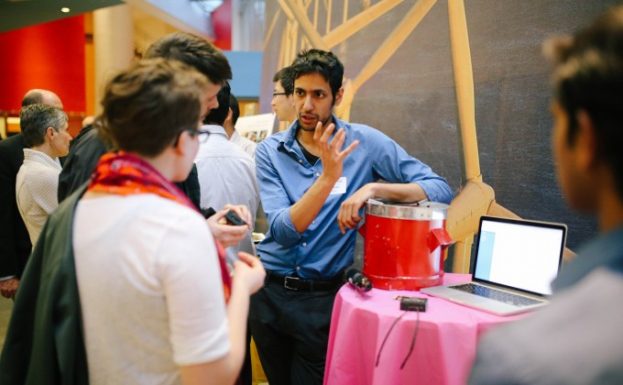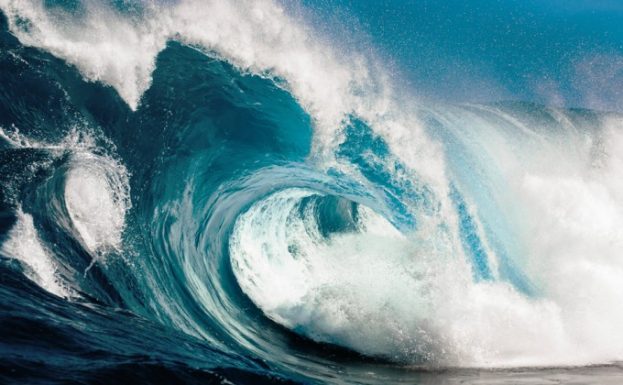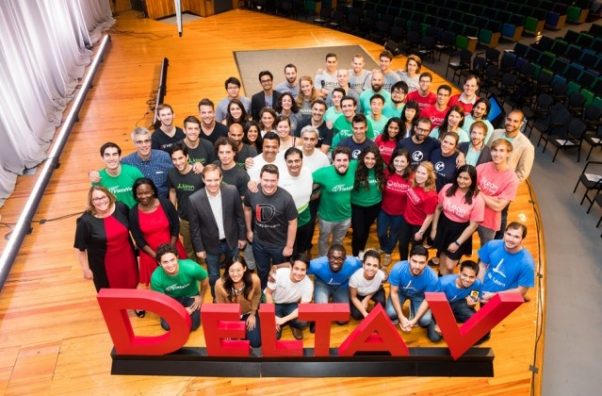The answers to our biggest urban health problems are right under our feet. Sewers carry a vast reservoir of information on human health and behavior, and a team of scientists and designers at MIT are on a mission to create real-time public health profiles of urban areas by sampling a city’s wastewater using their patent-pending pipeline of robotics and analytics.
The concept that valuable data can be extracted from urban waterways was conceived in 2014 by Carlo Ratti, professor of the practice in the MIT Department of Urban Studies and Planning and director of the MIT Senseable City Lab, and Eric Alm, associate professor in MIT Department of Biological Engineering and director of the Alm Lab, as part of the Underworlds project.
Newsha Ghaeli and Mariana G. Matus met as research collaborators on this project where they successfully led a team of over 10 researchers for over two years. The interdisciplinary team received funding from the Kuwait-MIT Center for Natural Resources and the Environment to carry out foundational proof-of-concept studies. Based on their learnings, Newsha and Mariana are now spearheading the development of a product to map opioid consumption in cities through wastewater analysis.
As a first step, they entered in Pitch, the first contest of the MIT $100K Entrepreneurship Competition, where they gave a 90-second pitch in front of a panel of judges for feedback on their idea. This helped them start the transition from research project to business idea.
At the beginning of 2017, Newsha and Mariana joined MIT fuse, an intense three-and-a-half-week startup experience for teams looking to work, think, and talk like an entrepreneur and start the path towards becoming a company. In addition, they were selected to be part of the DesignX spring 2017 cohort, and will spend the upcoming summer in the MIT delta v accelerator.

